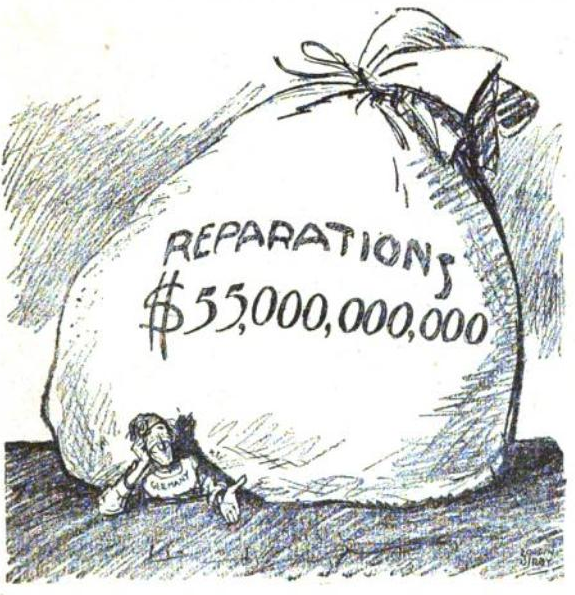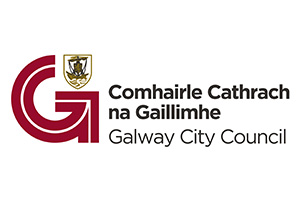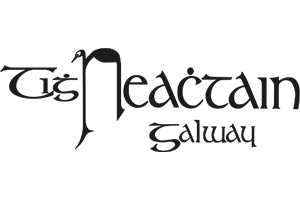The great Hector Breeze had a cartoon in Private Eye back in 1981, set in a World War One trench. A German general in his spiky helmet is surveying no-man’s-land when an excited junior office salutes and says “The corporal here’s got this great idea for a sequel!”
The corporal of course has a side parting in his straight back hair, and a little toothbrush moustache.

Like so many unwanted sequels, WWII was even worse than the original. Which is one reason we don’t remember November 11 1918 with any sense of celebration. (The other being that, slice it as you like, the best you can say is that it’s the day all the murder stopped.) For while never inevitable, the Second was in many ways a direct consequence of the First – and specifically, a consequence of its ending. The Treaty of Versailles, the settlement forced on a defeated Germany, was disastrous.
The victors expected the people of Germany to somehow pay for all the damage done – a huge burden to place on a devastated nation. This alone may not explain the rise of Nazism; if it had not been for a crash on Wall Street – that ever-reliable harbinger of global tragedy – Germany might have met the onerous conditions and still remained a democracy. But that does not make the ‘punishment’ any less unjust. While certainly the Kaiser must bear some blame for going to war, the populace had bugger all part in the decision. They didn’t elect the guy. In fact resistance by ordinary Germans who had begun to see the senselessness of it all brought the war to an earlier end.
Had the pre-war mood in Germany been warlike? Yes – but so had it in Britain and France. All three were imperial powers trying to grab as much of the world as they could. Germany was the relative newcomer but coming up fast; once the slow lane of Europe, it had industrialised and armed itself at an incredible pace. It’s hard now to believe that the other powers weren’t itching for a pretext to knock it back.
The slogan “A War To End All Wars” was never anything but propaganda of course, cynically designed to motivate the young to kill. As David Lloyd George is said to have said, “This war, like the next war, is a war to end war.” But the tag-line stuck, along with its poisonous logic: If we are killing Germans to punish them for war then it must be their fault. By requiring them to pay for it, the Treaty of Versailles turned wartime propaganda into peacetime reality. Maybe it’s simplistic to see that as leading directly to the rise of Hitler, but you can understand how people who’ve been beaten, humiliated and unjustly shamed might be interested to hear the guy who’s saying no, in fact the secret truth is that you’re actually better than everyone else.
Serious errors were made one hundred years ago, which led to a far greater global conflict, which led in turn to a ‘Cold War’ which actually comprised a series of very hot wars fought between global powers in other people’s countries, which in turn gave rise pretty much directly to a ‘War on Terror’ which, when soberly assessed, would seem to mean declaring war on anything that scares you. In short, a solid century of slaughter. And us today, obviously without any idea of what the fuck we are doing. One hundred years in which the human race has got much, much better at making war but still doesn’t seem to have the first clue about making peace.
Oh, and there is one specific detail about this day that has always struck me as unbearably tragic. The Armistice (i.e., ceasefire) was called on the 11th day of the 11th month. To be precise, for the 11th hour of the 11th day of the 11th month. Why? For dramatic effect. For a sense of importance. Maybe because it struck someone as cool, I don’t know.
In those last eleven hours, 2,738 soldiers were killed.
Richard Chapman






